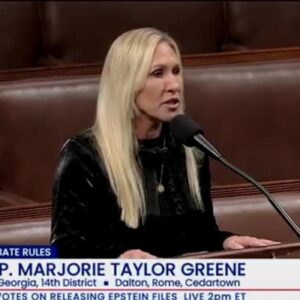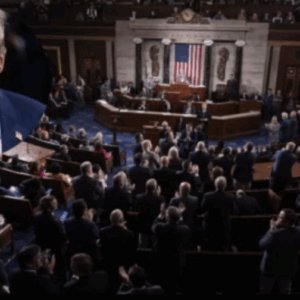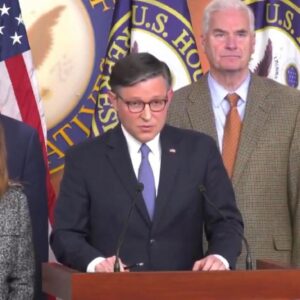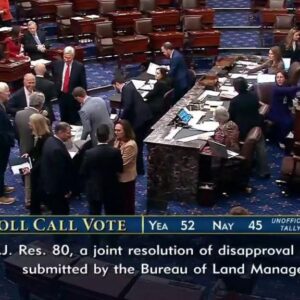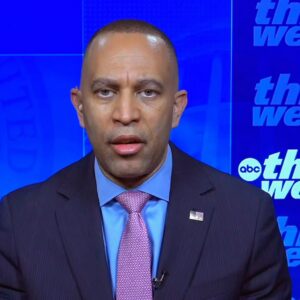🚨 BREAKING NEWS: House Republicans are pushing to strip NYC mayoral frontrunner Zohran Mamdani of his U.S. citizenship — and possibly deport him — over alleged “form omissions” on his 2018 naturalization paperwork. 🇺🇸
Reports from several major outlets, including Politico, The Guardian, and The New York Post, have highlighted a growing political controversy involving a prominent figure in New York City politics. Representatives Randy Fine (R-FL) and Andy Ogles (R-TN) have formally called for the Department of Justice to investigate a U.S. citizen named Mamdani. The accusation against Mamdani is that he failed to disclose his alleged ties to the Democratic Socialists of America (DSA) when applying for his citizenship.
Fine and Ogles have taken this a step further, urging the DOJ to initiate a process of denaturalization. Denaturalization is an extreme legal measure, rarely used in the U.S., that could result in the loss of citizenship and, in some cases, deportation. This demand has raised concerns among many, as it represents a dramatic and unusual legal action aimed at a political figure with growing influence.
Mamdani, who was born in Uganda to Indian parents, became a U.S. citizen in 2018. Since then, he has quickly risen through the political ranks, becoming one of the most visible and influential progressive leaders in New York City. Mamdani is also considered a strong contender in the upcoming 2025 mayoral race, further intensifying the political stakes of the situation.
Critics of the calls for denaturalization argue that this move is nothing more than xenophobic political theater. They emphasize that denaturalization has historically been reserved for extreme cases, such as terrorism, war crimes, or cases of fraudulent naturalization. For many, the idea of using it in this context seems like an overreach and a politically motivated attack.
On the other hand, supporters of Fine and Ogles’ position claim that this effort is about ensuring integrity in the naturalization process. They argue that Mamdani, if indeed connected to an organization with controversial political views, should have disclosed this information when applying for U.S. citizenship. According to this perspective, the lack of disclosure could undermine the public’s trust in the naturalization system.
The debate has quickly turned into a larger national conversation about citizenship, political loyalty, and the power of political figures in the U.S. The denaturalization issue is raising difficult questions: Should individuals be held accountable for their political affiliations when seeking citizenship? What does this move say about the broader political landscape as the country heads into the 2025 election cycle?
Ultimately, this dispute over Mamdani’s citizenship has become a focal point in a contentious election year. It raises significant concerns about the intersection of legal processes, political ambition, and the use of government power for political retribution. As the situation unfolds, it will undoubtedly remain a key topic of debate as the nation contemplates its values and its future.
What do you think — is this justice or a witch hunt?
